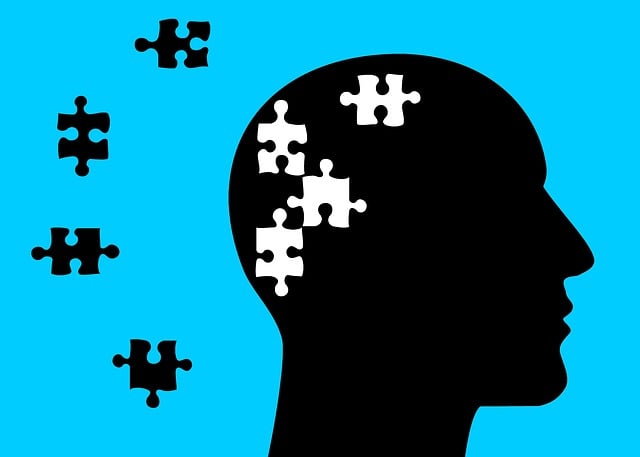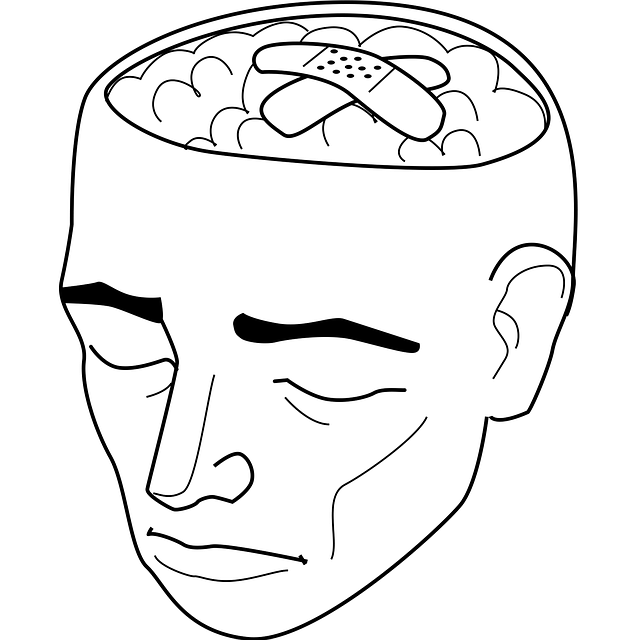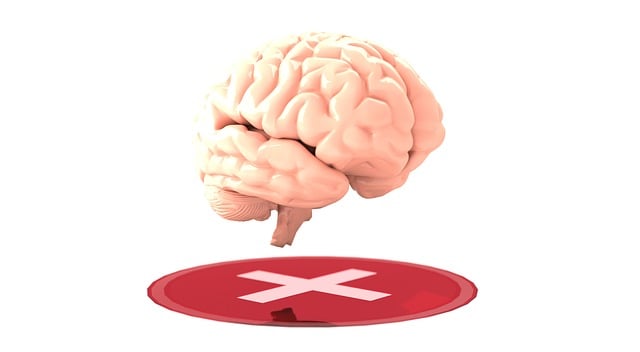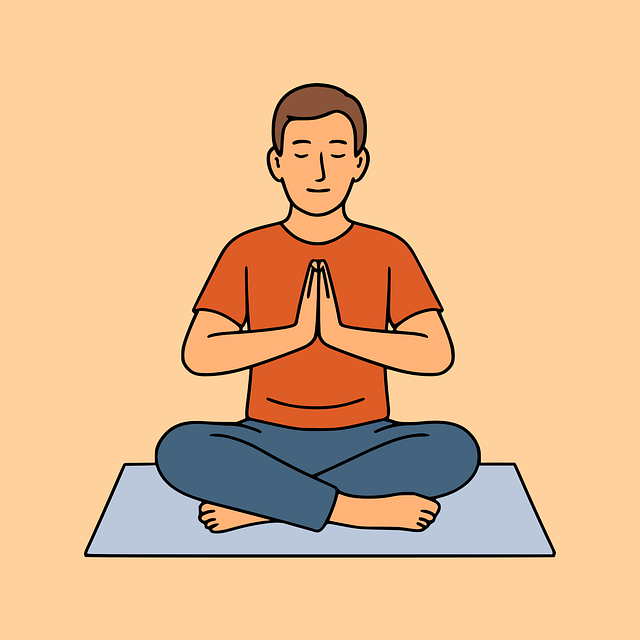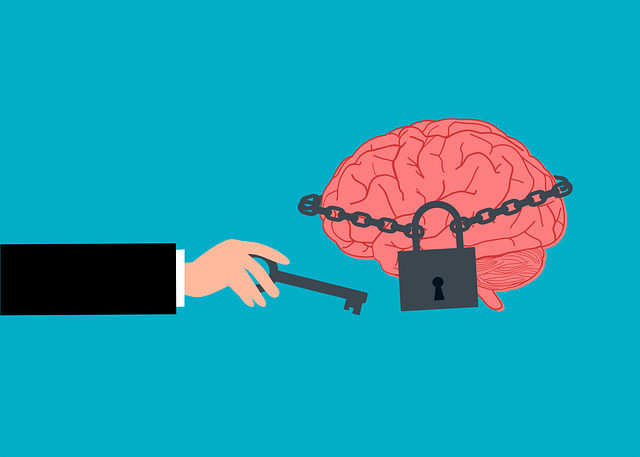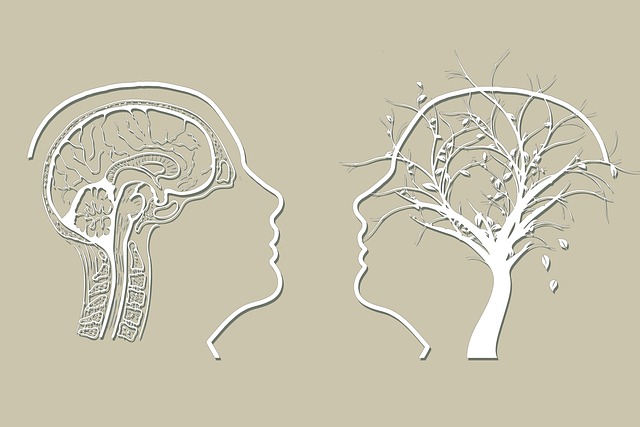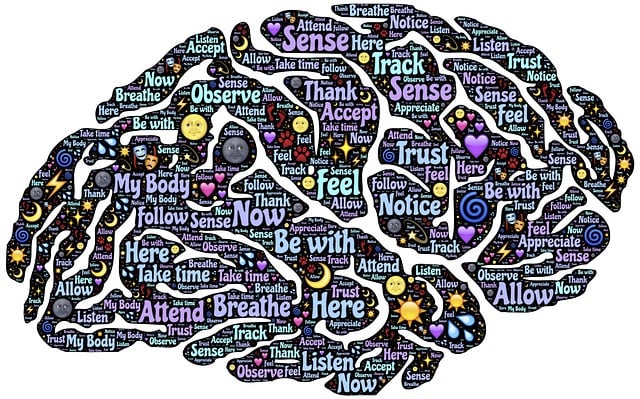Mindfulness meditation, as offered by Aurora Drug Abuse-Substance Abuse Therapy, is a powerful tool in combating substance abuse. By focusing on the present moment and cultivating emotional awareness, individuals gain control over their minds, manage cravings, reduce stress, and enhance overall well-being. A dedicated, quiet home space for practice, combined with consistent daily routines and techniques like breathwork and body scans, significantly improves mental health awareness and emotional regulation. Overcoming challenges with small steps and realistic goals builds a sustainable practice that fosters resilience and connection to mental wellness, benefiting those in recovery and healthcare providers alike.
“Discover the transformative power of mindfulness meditation for substance abuse recovery with our comprehensive guide. Learn how this ancient practice can be a powerful tool in navigating Aurora Drug Abuse-Substance Abuse Therapy. We’ll walk you through setting up a successful home practice, incorporating techniques like breathwork and body scans, and overcoming common challenges to achieve consistency. Embrace the journey to inner peace and long-term wellness.”
- Understanding Mindfulness Meditation for Substance Abuse Recovery
- Setting Up a Successful Mindfulness Practice at Home
- Incorporating Breathwork and Body Scans in Your Routine
- Overcoming Challenges and Staying Consistent with Meditation
Understanding Mindfulness Meditation for Substance Abuse Recovery

Mindfulness meditation is a powerful tool in the journey towards substance abuse recovery, offering individuals a way to cultivate awareness and emotional resilience. It involves focusing on the present moment, observing thoughts and feelings without judgment, and developing a deeper understanding of one’s inner self. In the context of Aurora Drug Abuse-Substance Abuse Therapy, mindfulness practices are integrated into treatment plans to help individuals break free from addictive patterns.
By engaging in regular meditation sessions, those in recovery can learn to manage cravings, reduce stress, and enhance their overall emotional well-being. This process encourages the development of empathy building strategies and effective communication techniques, which are vital for supporting group dynamics and fostering meaningful connections among peers on similar paths to recovery. Through mindfulness, individuals gain a sense of control over their minds, promoting healthier coping mechanisms and a stronger foundation for sustaining long-term sobriety.
Setting Up a Successful Mindfulness Practice at Home

Creating a dedicated space for your mindfulness practice at home can significantly enhance its effectiveness. Start by finding a quiet area where you won’t be disturbed; this could be a corner of your bedroom, a small study, or even a balcony offering some privacy. Ensure the space is clutter-free and inviting, with comfortable seating that supports good posture during meditation—a crucial aspect for maintaining focus. Consider adding elements that inspire calmness, such as soft lighting, plants, or artwork that resonates with you.
Establishing a consistent routine is another vital component. Choose a time of day that works best for your schedule and stick to it. Whether it’s early mornings or before bedtime, the regularity will help train your mind to anticipate and embrace the practice. Begin with shorter sessions and gradually increase the duration as you build your endurance. Remember, consistency is key; even just a few minutes each day can make a difference in your overall mental health awareness and well-being, potentially reducing the need for Aurora drug abuse-substance abuse therapy over time. Incorporating these simple strategies into your daily life can foster empathy building and enhance cultural competency training for healthcare providers by promoting a deeper understanding of mindfulness’s role in holistic wellness.
Incorporating Breathwork and Body Scans in Your Routine

Incorporating breathwork and body scans into your mindfulness meditation practice can significantly enhance both emotional regulation and emotional well-being promotion techniques. These techniques, often used in Aurora drug abuse-substance abuse therapy, are powerful tools to cultivate present-moment awareness and deep relaxation. Start with simple breathing exercises, focusing on the inhalation and exhalation, allowing each breath to calm your mind and body. As you progress, incorporate body scans, methodically bringing your attention to different parts of your body, noticing any sensations without judgment.
This practice helps in releasing tension stored in various areas due to stress or past experiences. By regularly engaging in these self-care practices, you can improve your ability to manage emotions and reduce the impact of stressors, fostering a deeper sense of calm and clarity. It’s a gradual process, so be patient and consistent. Remember, every moment of mindfulness contributes to enhancing your overall emotional resilience and well-being.
Overcoming Challenges and Staying Consistent with Meditation

Overcoming Challenges is a significant aspect of establishing and maintaining a consistent meditation practice. Many individuals, especially those navigating Aurora Drug Abuse-Substance Abuse Therapy or dealing with Burnout Prevention Strategies for Healthcare Providers, might face initial difficulties. These challenges could range from finding time in their busy schedules to quieting the constant stream of thoughts that often leads to feelings of stress and anxiety. However, it’s crucial to remember that consistency is key; even brief meditation sessions can offer substantial benefits.
One effective Emotional Well-being Promotion Technique is to begin with small, manageable steps. Setting realistic goals, such as meditating for just 5–10 minutes each day, can help build a sustainable practice. Additionally, creating a designated meditation space or using guided meditation apps can provide support and make the process more enjoyable. Staying committed, even on days when motivation is low, will foster resilience and deepen one’s connection with mental wellness.
Mindfulness meditation, as discussed in this guide, offers a powerful tool for those navigating substance abuse recovery. By integrating practices such as breathwork and body scans into daily routines, individuals can enhance their mental well-being and build resilience against urges. Consistency is key; overcoming challenges with structured approach and support from resources like Aurora Drug Abuse-Substance Abuse Therapy, one can harness the transformative benefits of mindfulness for lasting recovery.



